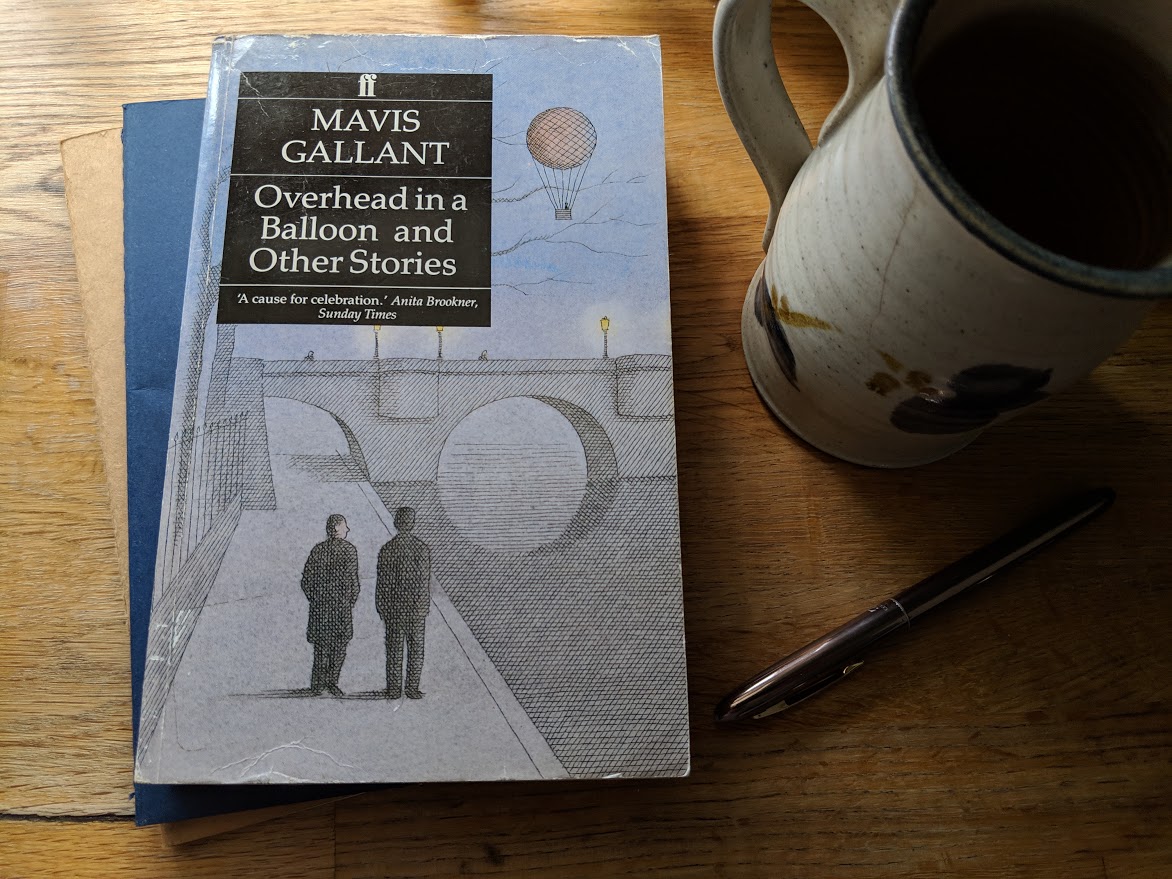Mavis Gallant’s “Grippes and Poche” (1982)
Buried In Print2019-07-16T09:13:40-04:00This story is about Henri Grippes (familiar for readers of this collection, from “A Painful Affair” and “A Flying Start”) and O. Poche, who works in the taxation office. But it’s also about novelist Henri Grippes and his imaginings of O. Poche, who will appear in countless fictions. This





